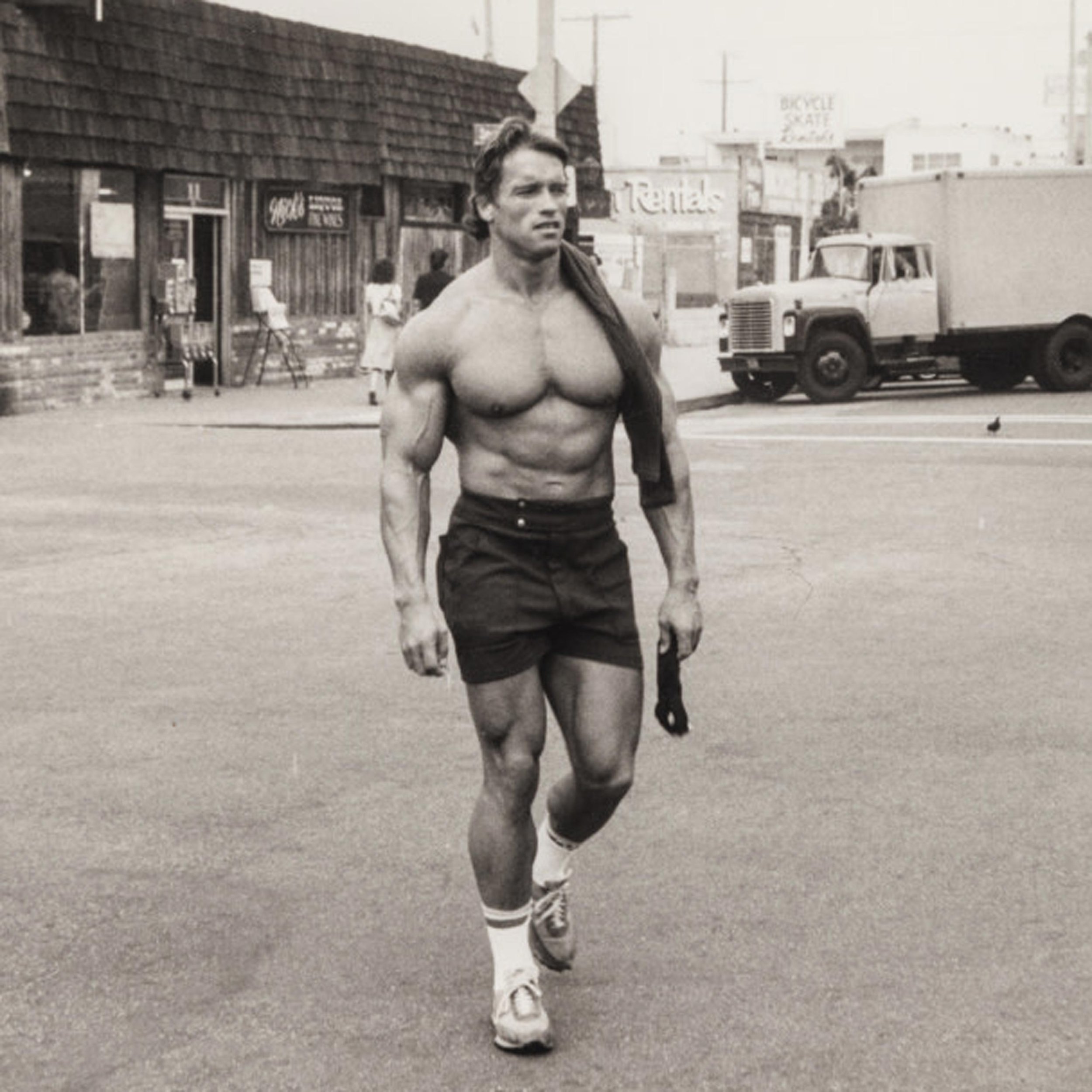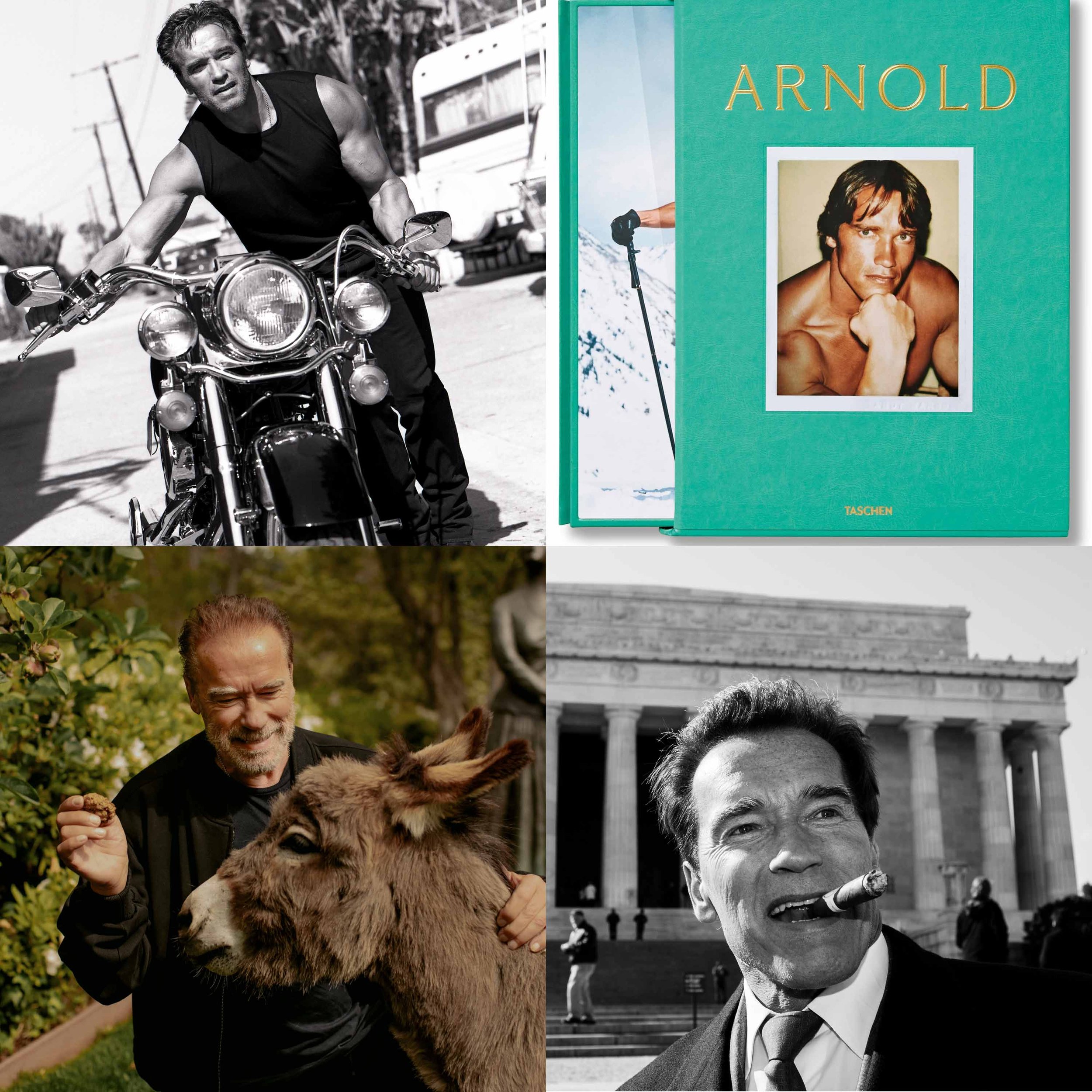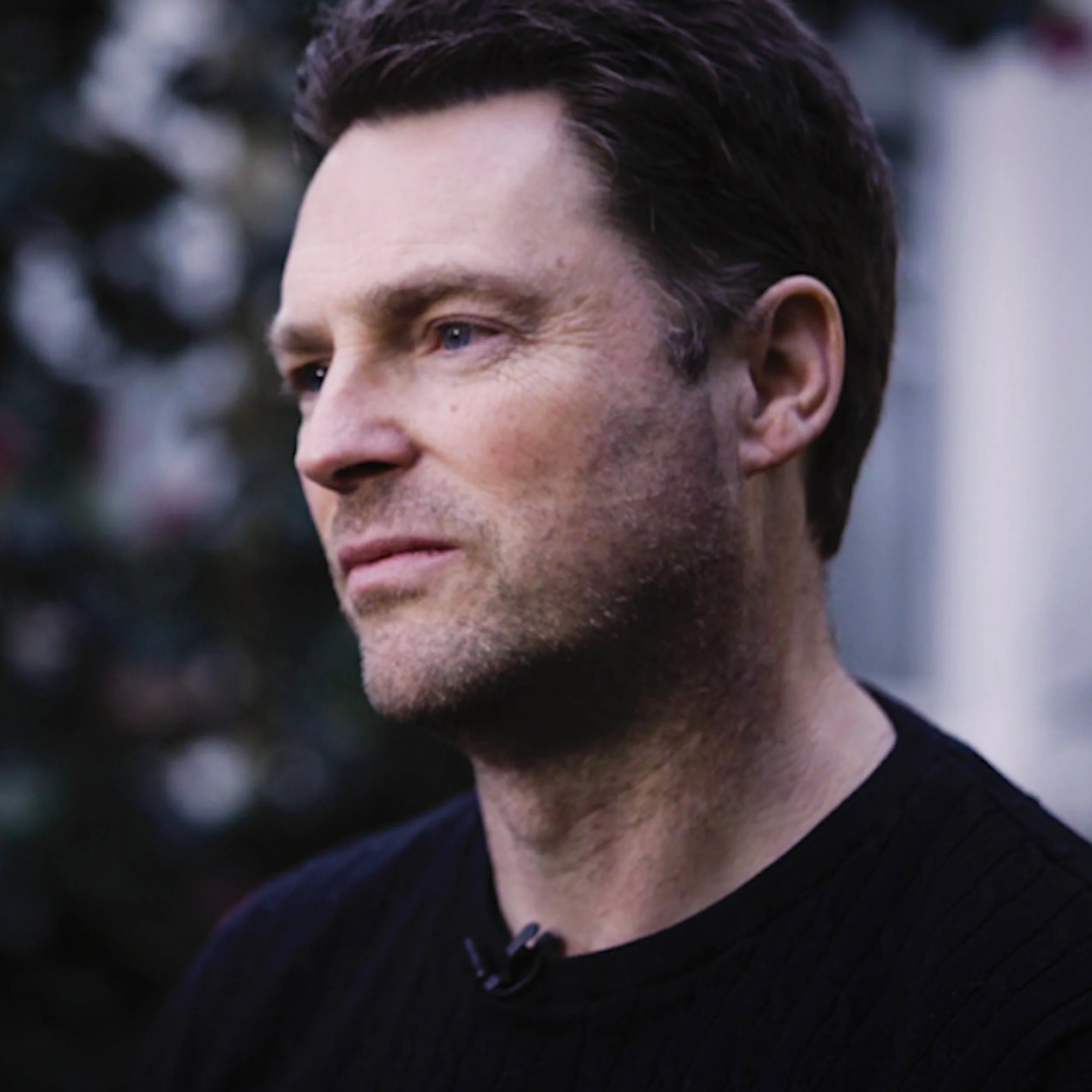Actress CATHERINE CURTIN (Stranger Things) & Artistic Director KATE MUETH (Neo-Political Cowgirls)
/"I don't know why we would really want to tell stories without being connected to the meaning. And I think that's especially for women, but I do think for human beings, that is how we can work as hard and be able to get up the next morning and keep going. Because we are working through the meaning, and it feeds us as we're like making sense of it all, trying to make sense of it, and for being in community and communion.” - Kate Mueth
”What we've done today is we've made everything so fast and so easy that I think there's something to the creative process about it being a little bit more of an exploration than it is wham bam, it's done. Let's go have lunch. And I think there is something to the creative process where it's allowed to develop. It's called process because it is a process. I'm always glad to just relax in the creative process, and I'm always very grateful for that. I think it's why I do so much indie film because it's really fun.” -Catherine Curtin



















